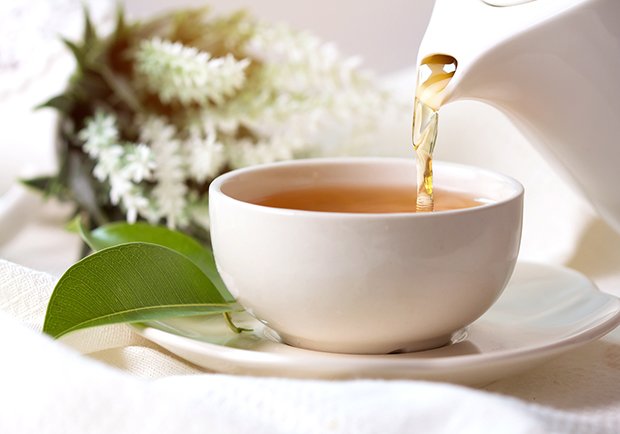Inside BENEO’s new pulse plant: pioneering sustainable protein from faba beans
The research team recruited 36 adults aged 60 and above, and gathered data about their health, lifestyle, and psychological well-being
A recent study led by Assistant Professor Feng Lei from the NUS Yong Loo Lin School of Medicine’s Department of Psychological Medicine in Singapore revealed that regular tea drinkers have better organised brain regions – and this is associated with healthy cognitive function – compared to non-tea drinkers. The research team made this discovery after examining neuroimaging data of 36 older adults.
Past studies have demonstrated that tea intake is beneficial to human health, and the positive effects include mood improvement and cardiovascular disease prevention. In fact, results of a longitudinal study led by Asst Prof Feng which was published in 2017 showed that daily consumption of tea can reduce the risk of cognitive decline in older persons by 50 per cent.
Following this discovery, Asst Prof Feng and his team further explored the direct effect of tea on brain networks.
The research team recruited 36 adults aged 60 and above, and gathered data about their health, lifestyle, and psychological well-being. The elderly participants also had to undergo neuropsychological tests and magnetic resonance imaging (MRI). The study was carried out from 2015 to 2018.
Upon analysing the participants’ cognitive performance and imaging results, the research team found that individuals who consumed either green tea, oolong tea, or black tea at least four times a week for about 25 years had brain regions that were interconnected in a more efficient way.
As cognitive performance and brain organisation are intricately related, more research is needed to better understand how functions like memory emerge from brain circuits, and the possible interventions to better preserve cognition during the ageing process. Asst Prof Feng and his team plan to examine the effects of tea as well as the bioactive compounds in tea can have on cognitive decline.

